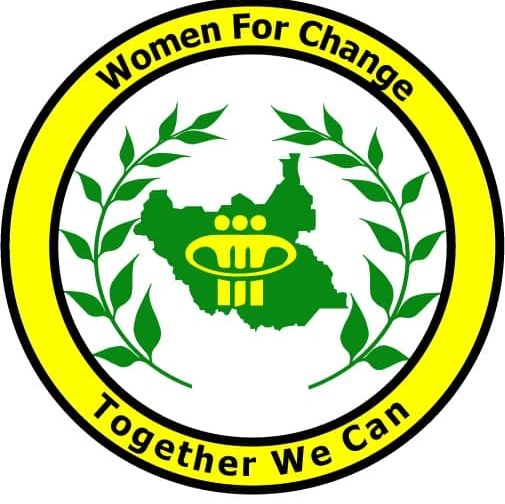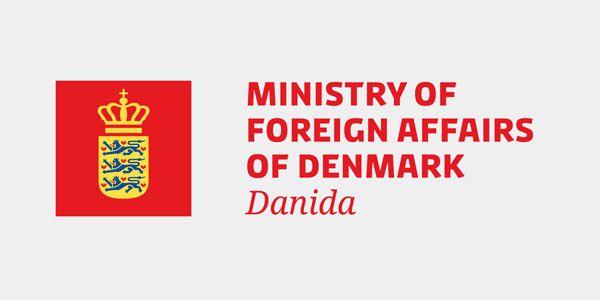The Issue
In 2025, South Sudan remains deeply affected by protracted social and political instability driven by conflict, persistent flooding, and economic hardship. These overlapping crises continue to trigger widespread internal and cross-border displacement, severely straining basic services, livelihoods, and humanitarian response capacity.
Vulnerable groups – including women, girls, and persons with disabilities – face heightened risks due to entrenched gender inequality, insecurity, and limited access to essential services. Sub-national violence, impunity, and clashes involving non-signatory armed groups persist, hindering humanitarian access and disrupting critical interventions.
In Central Equatoria, particularly in Jebel Lado and Rajaf payams, communities grapple with severe local challenges including seasonal flash flooding, land disputes, youth gang activity, and inter-communal violence. These issues are compounded by food insecurity, negative cultural norms, and limited economic opportunities, increasing the risk of gender-based violence and exclusion of vulnerable populations.
While peacebuilding and reconciliation efforts may gain ground in 2025, sustained support is essential.
Community-driven approaches will be crucial to address immediate protection needs and build resilience.
The Project
The project holistically addresses gender inequality, economic dependency, and environmental degradation in Ladu and Rajaf Payams through an integrated, community-driven approach. By delivering vocational training in tailoring, briquette and stove making, and kitchen gardening, the project directly enhances household incomes, food security, and resilience.
Formation of Village Savings and Loan Associations (VSLAs) and support to youth vocational education further strengthen financial inclusion and self-sufficiency.
Simultaneously, activities promoting social cohesion, such as awareness campaigns on gender-based violence, Sexual and Reproductive Health and Rights (SRHR) training for adolescents, and peacebuilding sessions, foster a shared understanding of gender equality and inclusive decision-making. These are reinforced through commemorative events and consultative meetings with private sector actors to build employment linkages.
Environmental conservation is integrated through training on sustainable energy solutions, kitchen gardening, and awareness of the rights of persons with disabilities, ensuring all community members benefit equally. Cross-cutting activities, like conflict and gender sensitivity assessments, service mapping workshops, and inclusive inception and closure meetings, guarantee context-appropriate, participatory implementation and sustainability.
The Change
Economically, participants, particularly women and youth, will gain practical skills through vocational training, enabling them to establish income-generating activities, improve household livelihoods, and reduce dependency. The formation of VSLAs and market linkages will enhance financial resilience and collective empowerment.
Socially, the project will foster greater gender equality and community cohesion. Increased awareness of gender-based violence, sexual and reproductive health rights, and disability inclusion will lead to improved attitudes, reduced stigma, and more equitable participation of women, men, and persons with disabilities in decision-making processes. Peacebuilding and mental health support will strengthen interpersonal relationships and promote a safer, more supportive environment.
Environmentally, the promotion of kitchen gardening and the use of energy-saving stoves and briquettes will enhance food security, reduce deforestation, and encourage environmentally responsible practices.
Institutionally, the project will improve coordination among service providers through service mapping and referral systems, while community consultations and learning events will ensure ownership, feedback, and sustainability.
Overall, the project will empower communities with the skills, knowledge, and support systems needed to lead healthier, more resilient, and gender-equitable lives.
The Partner

Women for Change (WFC) is a women-led NGO established in 2016. It focuses on supporting widows, young women, school dropouts, and vulnerable children. WFC promotes women’s and children’s protection, gender-based violence prevention, education, reproductive health, livelihoods, and peacebuilding across Central Equatoria, Eastern Equatoria, Warrap, and Western Bahr el Ghazal States.
About the project
Full Title: Ending Gender Inequality through Empowerment and Inclusion in Ladu and Rejaf Payam Juba County.
Timeline: January 2025 to December 2025
Partner: Women for Change
Amount: 1,400,000 DKK
DCA Theme: Building Resilient Communities and Fighting Inequality
Expected number of people reached: 3,000
Donor: Danida


